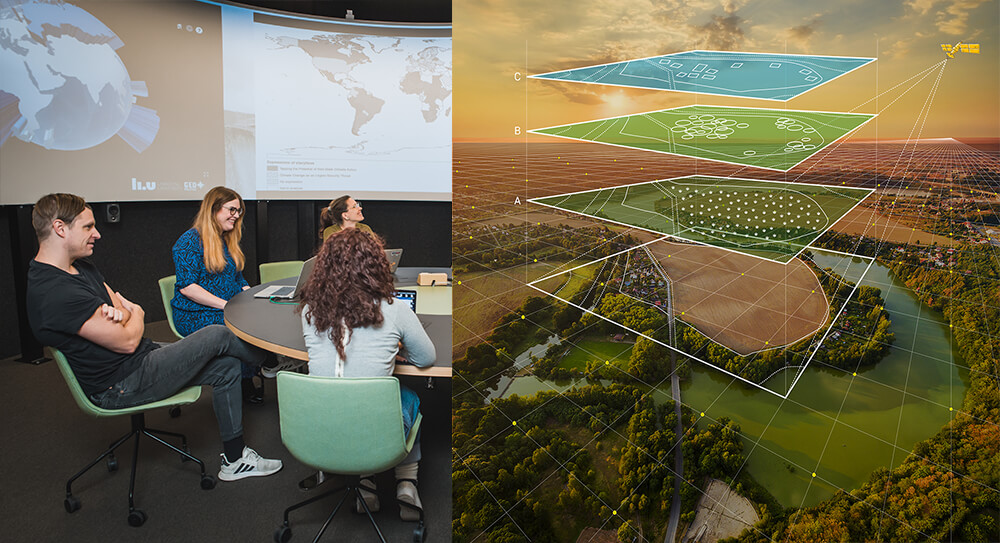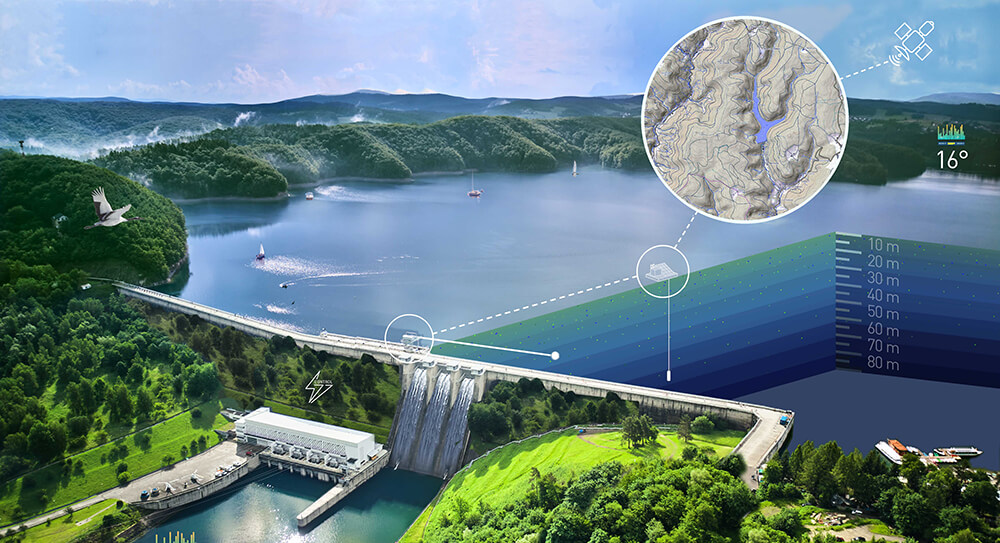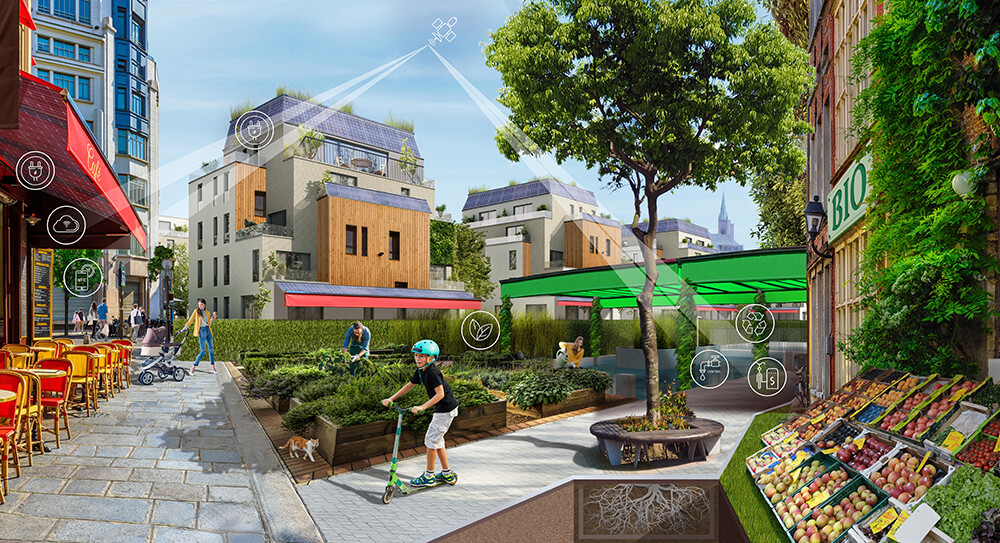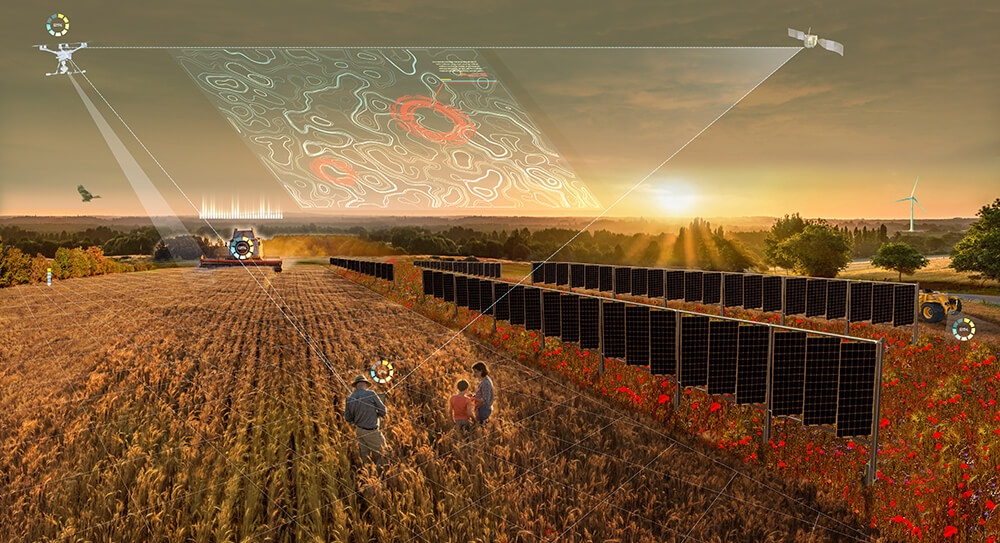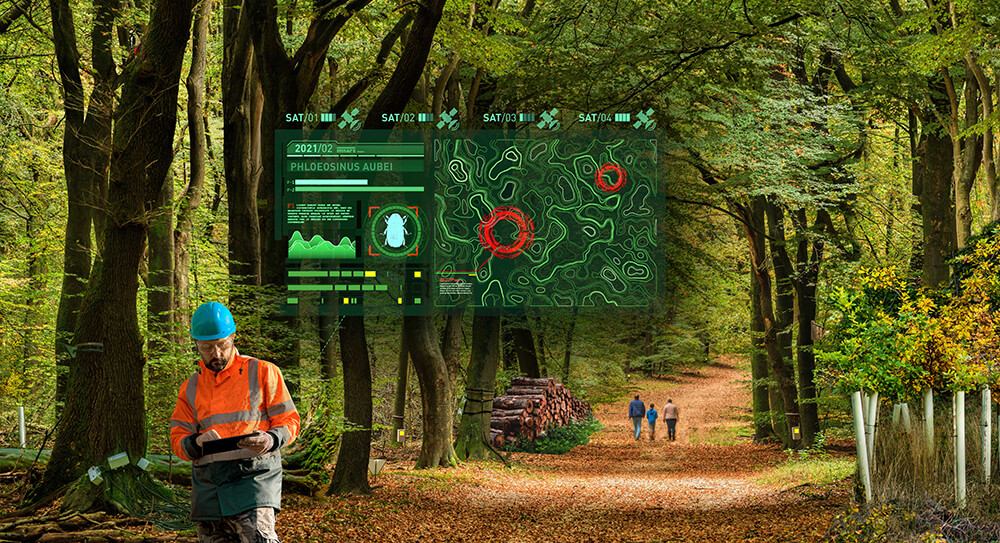29 September 2022
Congratulations to Prof. Dr. Peter Seeberger, whose proposal "Center for the Transformation of Chemistry (CTC)" was winning the competition "Knowledge creates prospects for the region!" organized by the BMBF, the Free State of Saxony and the State of Saxony-Anhalt for the establishment of a new large-scale research center in the Central German mining region. We also congratulate Prof. Dr. Günther Hasinger and his team, who convinced the jury with the concept "German Center for Astrophysics (DZA)" for the second planned large-scale research center in Lusatia. The UFZ will do its utmost to support the establishment of the new facilities.
CLAIRE Submission of Full Proposal
02 May 2022
The UFZ-coordinated consortium has submitted a full proposal for CLAIRE (Centre for Climate Action and Innovation - Research & Engineering). A funding decision is expected for late summer 2022.
Background
On August 14, 2020, the Structural Development Act (InvKG) for coal-mining regions entered into force. This law foresees the creation of structural assistance measures for the coalfields and communities affected by the lignite phase-out. Section 17 No. 29 of the InvKG provides for the establishment of two new large-scale research centers in Saxony, one in the Saxon part of Lusatia and one in the Central German coalfield both on the basis of a competitive procedure. The idea competition "Science Creating Prospects for the Region" (Wissen schafft Perspektiven für die Region) was issued as a joint initiative by the BMBF and the Free State of Saxony. Depending on how successful the new research centres are in scientific terms, the long-term aim is to provide annual institutional funding of up to 170 million EUR for each centre.
UFZ has submitted the proposal CLAIRE (Centre for Climate Action and Innovation - Research & Engineering). It heads a consortium of 16 renowned scientific institutions (13 of them from the region). The application consortium is composed of employees of the following institutions: Fraunhofer IMW Leipzig, Universität Leipzig, iDiv Halle-Jena-Leipzig, TU Dresden, MLU Halle-Wittenberg, HHL Leipzig, HTWK Leipzig, DBFZ Leipzig, TROPOS Leipzig, IPK Gatersleben, IPB Halle, PIK Potsdam, ZALF Müncheberg, MPI-BGC Jena and the Federal Environmental Agency (UBA) in Dessau.
The Mission of CLAIRE
CLAIRE develops scientifically based system solutions for climate mitigation and climate adaptation, implements them and creates new perspectives for the region. The basis for this is a new type of digital data space and living lab systems, which are operated jointly by science, companies, specialist authorities and civil society in the Central German coalfield and in Lusatia. These support the regional transformation processes towards a carbon-neutral and climate-sensitive society and create attractive innovation clusters with sustainable value creation in the post-mining regions. In addition, the new 'School for Climate Innovation Leipzig' (SCIL) will provide interdisciplinary training with a focus on climate entrepreneurship.
CLAIRE addresses options for action in climate change and creates a need for innovation
CLAIRE brings together applied climate impact research and social actors and decision-makers, which increasingly must set the technological, economic and political course for life in a changing climate. In addition to science, politics, and business, administration and civil society are equally challenged to not only manage change and adaptation, but to shape it. Climate change and its consequences are global phenomena with worldwide impacts, which must, however, be dealt with primarily at the national, regional and local level. Therefore, CLAIRE will address climate change options as well as expected climate change risks and effective adaptation measures in and between key economic sectors.
CLAIRE pursues a new path by starting with problems and questions of implementation (TRL 6-9) and ends with questions of basic development (TRL 1-5). CLAIRE addresses the research needs for the various development stages to implement innovative solution options for climate change. In doing so, not only individual aspects or individual technologies and processes are considered in isolation, but global climate knowledge is also integrated, and system solutions are sought that work at all levels - local, regional, and global.
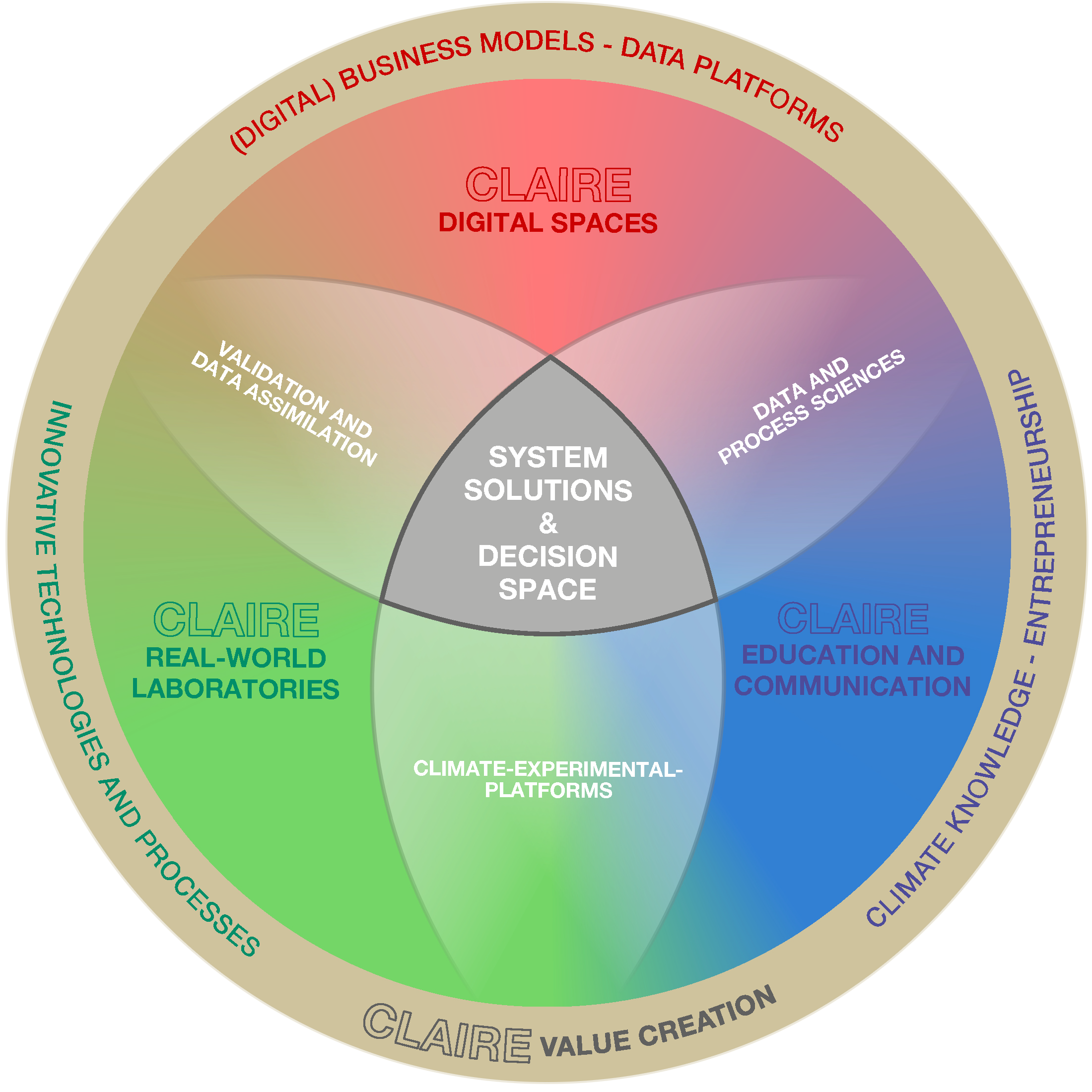
The main components of CLAIRE
The development of system perspectives requires extensive process knowledge and associated data. By means of novel digital twins of the Earth's surface, CLAIRE will build up a new, continuous, digital data and decision space with unprecedented up-to-dateness of data and spatial and temporal resolution, which will make it possible to produce robust forecasts and projections not only at a global level, but also at high resolution down to street and landscape level. This is a prerequisite for well-founded analyses and the development and implementation of suitable options for action with political and social decision-makers. Together with research partners, CLAIRE is creating a new data space of European and global dimensions with enormous scientific and economic potential. This data space is to be set up according to European standards and operated in a secure and trustworthy manner as part of the European GAIA-X data infrastructure.
The practical implementation of climate protection and adaptation measures takes place in specially established living lab systems in the Central German coalfield and in Lusatia, and later in other regions. They are efficiently organised experimentation and data rooms involving participants from business, research and society, in which concrete products and processes are tested over the long term and brought to market maturity. In this way, new knowledge and value-added structures are implemented in the region, which can be adapted and transferred to other regions worldwide. In the regional context, success stories are developed for urban and rural areas and positive convictions and habits can emerge from practical experience in the medium to long term.
Together with the University of Leipzig and with the participation of the Technical University (TU) Dresden, the Martin Luther University (MLU) Halle and the Leipzig Graduate School of Management (HHL), a School for Climate Innovation Leipzig (SCIL) will be created based on the US model of a transdisciplinary and professional school. This is intended to offer interdisciplinary cutting-edge research with a high degree of freedom, transfer focus, social and political relevance as well as innovative teaching and training concepts. The Figure shows the CLAIRE structure with the areas "Digital Spaces", "Living Lab Systems" and "Education and Communication" including SCIL, which overlap and form the space for system solutions and decisions in the middle. Cooperation, transfer and value creation elements surround the three central scientific areas and complement them.
It is the declared goal of CLAIRE, to build up a creative, nationally and internationally highly attractive business scene in the Central German Mining District in cooperation with existing and new companies in the field of climate protection.


